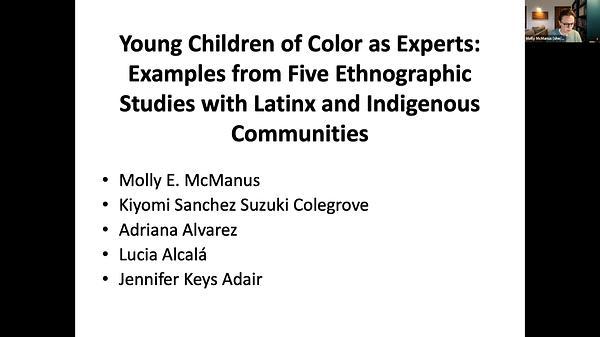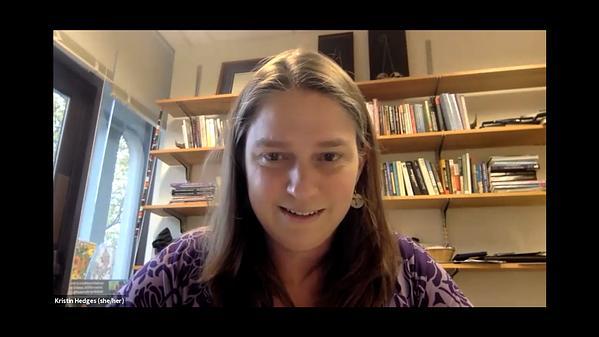Would you like to see your presentation here, made available to a global audience of researchers?
Add your own presentation or have us affordably record your next conference.
keywords:
vulnerability
policy
covid-19
Social unevenness and gross economic disparities have shaped global and local risks of COVID infection and state responses to contain it, while the effects of both the virus and state interventions have amplified these inequalities and further marginalised vulnerable populations. In this Conversation, we will consider institutionalised public health and political responses to the pandemic, and how these were shaped unevenly for citizens. The anticipated costs of containment on workers and more broadly on the economy enabled governments to institutionalize programs for citizens wo were economically active or already incorporated into state welfare programs. Meanwhile, people who were already excluded, often without residency permits and living under the radar, were targeted as risking others as much as they were at risk of infection. The resultant policies, systems of governance, and programs, including those that drew on neoliberal policies, laid bare and exacerbated racial, socioeconomic and global inequalities, sharpening the unevenness of everyday lives. Four scholars working on and writing about the politics of the pandemic in different country settings will participate in this Conversation. The format will encourage engagement with each person speaking initially for five minutes on a particular aspect of authority and state action, introducing their work on how state infrastructures, police, armies, private security personnel and technologies of oppression were mobilised and regulations enforced to enforce public health measures. Participants will respond to a series of provocations, and with other participants, they will be encouraged to question each other and respond to Q&A from attendees. The structure is intended to ensure a lively debate on how states have been empowered during the pandemic and how, intentionally and not, they have hardened divides between the rights of citizens and others. The participants are all chapter authors of Viral Loads: Anthropologies of Urgency in the time of COVID-19 (UCL Press), being published on 20 September this year. They include: Ayo Wahlberg, on state exclusions and policy shifts in Denmark; Nancy Burke, on state action and containment in Cuba; Abril Saldaña-Tejeda Mexico, on neoliberalism and the embodied responsibility of risk in Mexico; and Susan Levine on legacies of apartheid and racism to enforce lockdown and as revisited in vaccine trials in South Africa.

